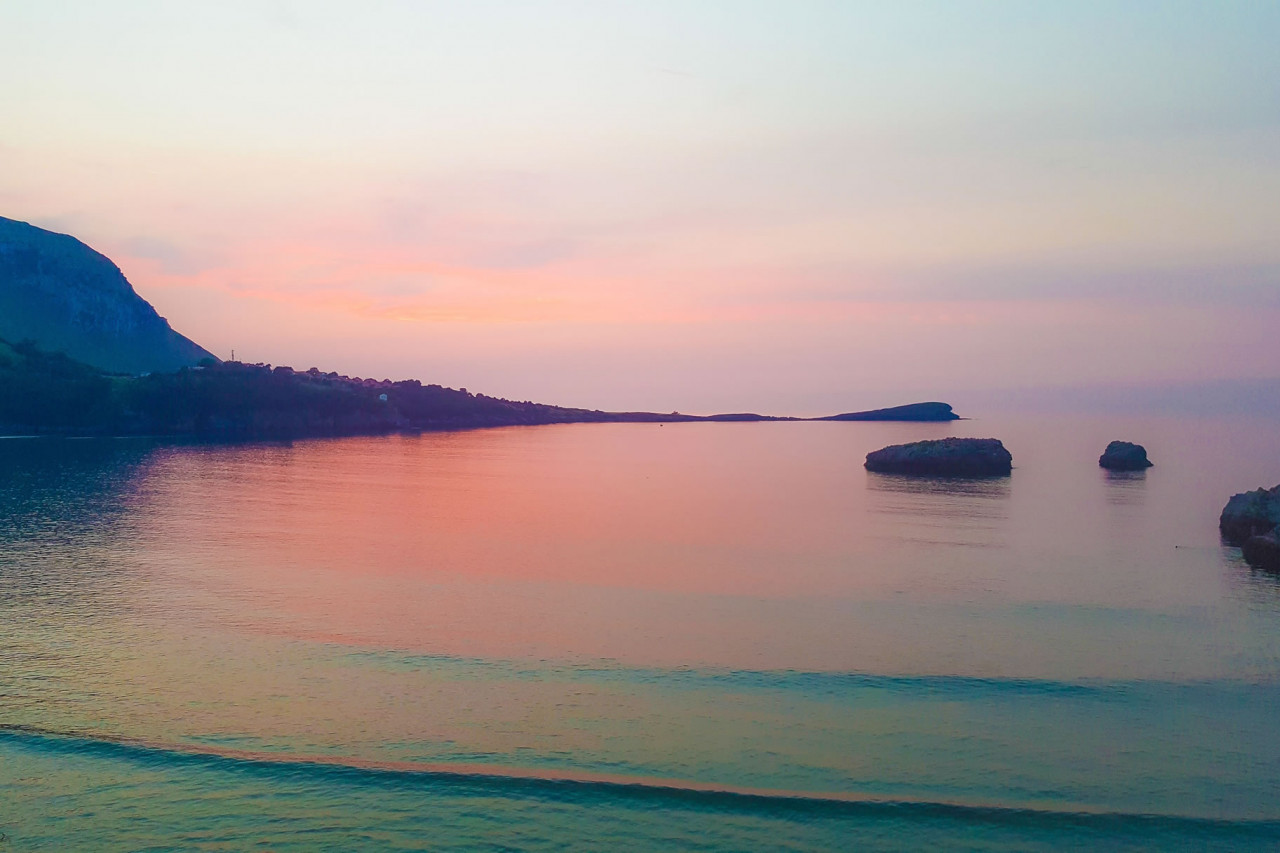Day of Cantabria Institutions in 2025

The Province of Cantabria was constituted on July 28th 1778
When is Day of Cantabria Institutions?
| Year | Dates |
|---|---|
| 2026 | |
| 2025 | |
| 2024 |
Day of the Cantabrian Institutions
The Day of the Cantabrian Institutions (Spanish: Día de las Instituciones de Cantabria) is a regional public holiday in Spain, observed on July 28th each year in the autonomous community of Cantabria.
It marks the constitution of the Province of Cantabria on this day in 1778.
History of Day of the Cantabrian Institutions
Cantabria is an autonomous community located on the northern coast of Spain. The capital and major city in the region is Santander.
A distinct region called Cantabria emerged into recorded history during the 2nd century BC as a home for fierce Celtic tribes. These Cantabrians were eventually subdued and became part of the Roman Empire, one of the last regions to do so. This began a long series of conquests and control of the region by Visigoths and then the Moors before the region formed part of local Kingdoms such as Asturias and Castilla.
By the 18th century, there was a renewed interest in the unique identity of the region. A first attempt to form a province floundered at the start of the century. It wasn't until July 28th 1778 when an Assembly held in Puente San Miguel, led to the constitution of the Province of Cantabria with royal ratification following a year later.
Cantabria became an autonomous region on December 30th 1981.
On October 4th 1993, the regional deputy and mayor of Reocín, José Manuel Becerril, proposed declaring July 28th as Institutions Day. The proposal was approved unanimously.
Our brief trip through the history of Cantabria covered a span of about two thousand years in two paragraphs; however, that was the recent past compared to probably the most famous historical feature of Cantabria. The region contains over 6,500 caves and 60 of these contain art painted in the Palaeolithic Age (36,000BC - 9,000BC). This is the highest density of cave paintings in the world and 10 of these caves have been awarded World Heritage status by UNESCO.
